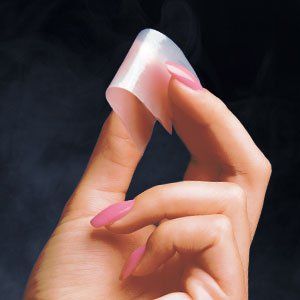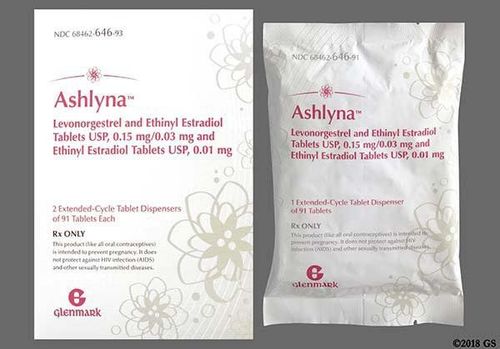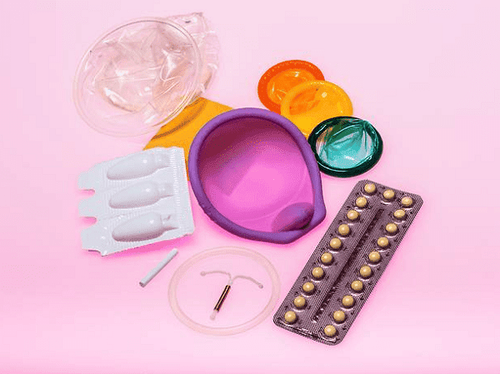This is an automatically translated article.
Condoms are a method of contraception and prevention of sexually transmitted diseases. There are many different types of condoms, some of which contain spermicide.1. What is a spermicidal condom?
There are many different types of condoms, including spermicidal condoms. The spermicide commonly used to coat condoms is nonoxynol-9 (N-9). This chemical can kill sperm, and it can also act as a lubricant.
The spermicide in condoms works by killing sperm and blocking the cervix, preventing sperm from traveling towards the egg. Spermicide is not only found in condoms, but also in other products such as gels, creams, suppositories,...

Có nhiều loại bao cao su có hóa chất diệt tinh trùng
2. How effective do condoms kill sperm?
2.1 Advantages
Overall, condoms are an effective method of contraception. It prevents pregnancy by up to 87% with typical use. When used perfectly, including: Wearing properly, putting on a condom before having sex, keeping it well,... the effectiveness of preventing pregnancy is up to 98%. The price is affordable, not too high compared to other common condoms. It is very easy to find and buy at online stores quickly and discreetly. Available at pharmacies. Highly effective birth control when used correctly.

Bao cao su diệt tinh trùng có tác dụng tránh thai hiệu quả
2.2 Cons
The use of spermicides such as N-9 may also increase the risk of sexually transmitted diseases, including HIV and gonorrhea. Spermicide can also irritate the vagina, penis, or rectum (anal sex) making you more susceptible to infections. The spermicide in condoms can cause allergic reactions in some people, with symptoms such as itching, redness, and swelling. More expensive than other lubricating condoms. Has a shorter shelf life than other common condoms. Spermicidal condoms are an effective birth control method, but they don't have any advantages over condoms that don't contain spermicide.
Any questions that need to be answered by a specialist at Vinmec International General Hospital, you can contact Vinmec Health System nationwide or register online HERE.
References: webmd.com, healthline.com
SEE MORE
The harsh truth about condoms Is it safe to use condoms? Why am I allergic to condoms? What are the symptoms of a condom allergy?













